The quality of the coaching relationship is fundamental to the success of a coaching outcome. A quality relationship encourages clients into the coaching process and allows a space for the client to learn about themselves and focus on attaining their goal.
The path to being a successful coach includes many aspects other than simply the quality of the relationship alone. The success of coaching does not happen by coincidence, it involves a myriad of factors such as the ability to build rapport, knowledge, skill and technique and a focus on goal attainment. The coach must not only bring their qualifications and experience but also a true personality that respects and brings warmth, understanding, trust and honesty to the relationship. The competencies which feed into the quality of the relationship must be shared in the coaching encounter. It follows therefore that the coach must be a role model for the client by demonstrating the capability to be honest and empathetic in a non-judgemental and respectful manner while also offering the appropriate level of challenge to support the client in achieving their goal.
Relationships are dynamic. Pelham uses a relational dance analogy where both parties in coaching are invited to step into the relationship and the success of the relationship is measured by the kind of dance both had, did they metaphorically speaking step on each other’s toes or are they a good fit (Pelham, 2016). Some may struggle with this analogy if like myself their dancing skill cannot get them past the thought of threading on toes. The analogy is useful to address the point that a relationship is something that is not always automatically straight forward, not all clients are a fit and both parties need to adjust to the rhythm of the process to ensure that the quality of the coaching relationship is effective. Therefore, while there is a skill and technique to dancing, like coaching it often requires a lead and a willingness to take-part and be open to observation and feedback.
When the client’s perspective of the coaching process is considered; it is found that “one of the great values of having a coach can be the experience of someone really being there for you and encouraging you to believe in yourself and achieve your goals. When clients look back, more often than not, they bring the coach as a person to mind not the tools or psychological frameworks they used (Bluckert, 2005).”
On entering a coaching agreement, please take time to ensure that your coach will be the right fit for you.


